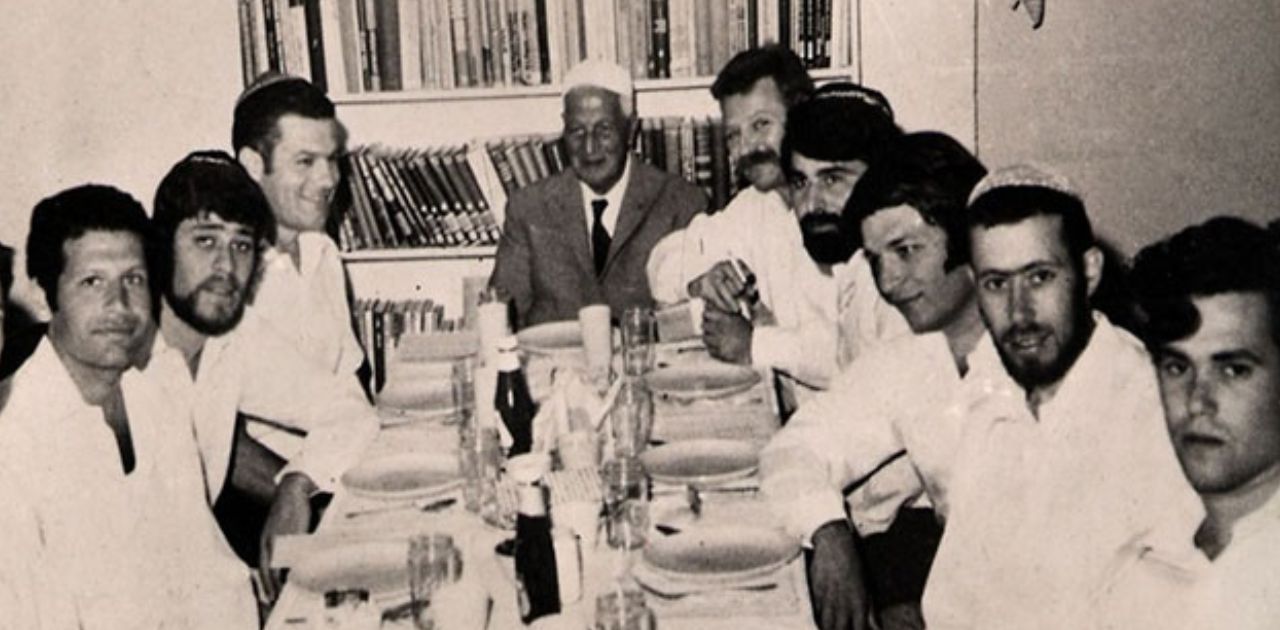
Tomorrow we’ll be celebrating the second Passover since the start of this war. People around the world will gather at Seder tables and talk about slavery and freedom, liberty and social justice. We’ll ask how this night is different from all other nights, and offer up some answers about bitter herbs and comfortable cushions. But the truth is that just like the previous 554 nights, there will be countless people – throughout the region – who won’t be reclined and sheltered, and countless Seder tables with empty seats and missing people. There will also be 59 hostages who are still being held in captivity in Gaza – people for whom the words of the Haggadah are, more than anything else, an accurate description of their daily lives. People who will say “this is the bread of affliction that our ancestors ate in the Land of Egypt” and know, in their growling stomachs, exactly what that means. People who will whisper, with the most deep-seated hope, “this year we are here, next year let us be in the Land of Israel. This year we are slaves, next year let us be free.”
And, at the same time, in homes scattered throughout the country and the world, there will also be thirty Israelis and five citizens of Thailand who did gain their freedom since the last Seder. People who – a year ago – were prisoners of the Hamas and other terrorist groups, and this year can, thankfully, celebrate the Seder at home with their families, or at least with what is left of their families.
Long before the war began, long before we could imagine what was just around the corner, we started working on a Passover episode that told the story of a small group of Israelis who – more than half a century ago – experienced their own exodus from Egypt, and their own journey from captivity to freedom. We sat on this piece for a long time, because – with all that has transpired since October 7th, it has accrued painful layers of meaning we could have never anticipated. And today, with both sadness and hope, we share it with you.
The end song is Avarnu et Paro, Naavor Gam et Zeh (“We Outlasted Pharoah, We’ll Outlast This Too,”) by Meir Ariel.